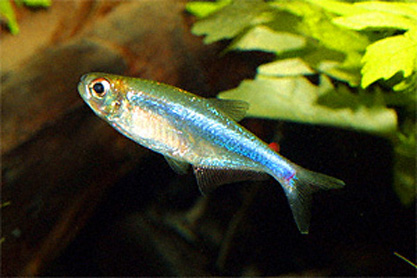Acrobrycon ipanquianus (Cope, 1877)
Description
Dorsal soft rays (total): 10. Acrobrycon ipanquianus differs from A. starnesi by having 51-60 perforated lateral-line scales (vs. 61-66), 19-21 horizontal scales rows around the caudal peduncle (vs. 22-26), depth of the body at the dorsal-fin origin 49.0-51.2% of SL (vs. 25.8-31.0%), horizontal diameter of the eye 20.2-29.8% of HL (vs. 30.4-36.5% HL), and interorbital width 29.1-40.2% of HL (vs. 24.6-29.8% HL). It can be diagnosed from A. ortii by having the following characters: 23-27 branched anal-fin rays (vs. 19-21); body depth at the dorsal-fin origin 49.0-51.2% SL (vs. 22.8-37.4%); depth at the dorsal-fin origin relative to the horizontal eye diameter 390-820% (vs. 260-380%); horizontal eye diameter relative to the interorbital width 100-180% (vs. 80-90%); and caudal-peduncle length relative to the body depth at the dorsal-fin origin 240-440% (vs. 160-230%) (Ref. 94771).
Common Names
Taxonomic Hierarchy
Kingdom: Animalia
Phylum: Chordata
Class: Teleostei
Order: Characiformes
Family: Characidae
Genus: Acrobrycon
Species: Acrobrycon ipanquianus (Cope, 1877)
Climate Zone
Location
Biology
Life cycle and mating behavior
Habitat
benthopelagic
